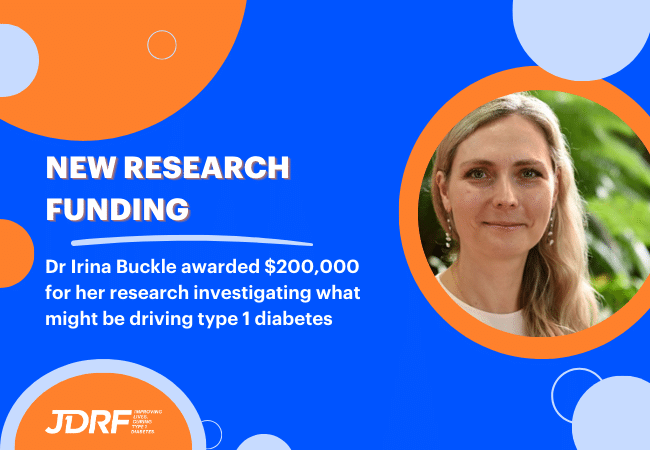What to say when others are ignorant or rude about your type 1 diabetes
This post is an excerpt taken from Straight to the Point: A guide for living with type 1 diabetes, written and edited by healthcare professionals. Download the full version for free.
There is a lot to process and learn after being diagnosed with type 1 diabetes and sometimes you may not be warned about how others will react to your condition. Knowing the right time to tell new people about your diabetes can be difficult, though it’s likely they will ask questions and make comments, some of which can be harmful.
These types of questions and comments usually stem from a lack of understand about type 1 diabetes, though it’s best to be prepared for any rude or ignorant things people say.

While you might like to react to things people say, it can be better to take an informative approach when responding to people so that you can educate them about type 1 diabetes and dispel any misconceptions they may hold.
Here are some examples from Straight to The Point: A guide for adults living with type 1 diabetes, of what people may say and suggestions about what you can reply to these situations:
‘Do you have to inject in public?’
What you could say
“This is the most practical and hygienic place for me to do this. If you prefer, I’ll let you know in advance so you can look away for a moment.”
What you wish you could say
“I’m sorry it offends you so much being forced to stare at what I have to do each day to stay alive. Why don’t I take my sterile insulin pen into the filthy toilet and have my injection there for your convenience.”
‘My auntie had type 1 diabetes but she cured herself’
What you could say
“Type 1 diabetes is an autoimmune disease not connected to diet or lifestyle and which has no cure yet. It sounds like your Auntie had type 2 diabetes, a different form of diabetes that is often found in older people and which can often be controlled by changes to diet and lifestyle.”
What you wish you could say
“As there is currently no known cure for type 1 diabetes, I’m surprised I missed the edition of Time Magazine where your Auntie made it to the front page for her miraculous recovery. It’s odd I have never heard of the company that even now must surely be bringing her miracle cure to market.”
‘Should you be eating that Tim Tam?’
What you could say
“When I eat a Tim Tam, all I need to do is take a little bit of extra insulin to cover the carbs. People with type 1 diabetes eat Tim Tams for the same reason other people do, the only difference is that we add the insulin manually. All things in moderation.”
What you wish you could say
“Eating this Tim Tam is nowhere near as dangerous to me as being mistaken for the food police is to you.”
‘You must have eaten a lot of sugar when you were little’
What you could say
“The type of diabetes I have is called type 1 diabetes. It is caused by the immune system attacking the insulin producing cells in the pancreas. It is not caused by diet or lifestyle. Type 2 diabetes, a different type of diabetes to the one I have, is the one which is sometimes caused by diet or lifestyle.”
What you wish you could say
“You must have swallowed a lot of unreliable information when you were little.”
When and if you choose to tell new people about your diabetes is a personal decision and can depend on your own circumstances. However, bringing your diabetes into the conversation can be an opportunity for you to educate people on the right way to talk about it and engage with other people who also live with type 1.
If you found the above examples helpful, find more examples and other information in Straight to the Point: A guide for adults living with type 1 diabetes. Download the full version for free.

Want more on meeting new people?
Fill out this form to have Straight to the Point: A guide for adults living with T1D sent directly to your inbox.




